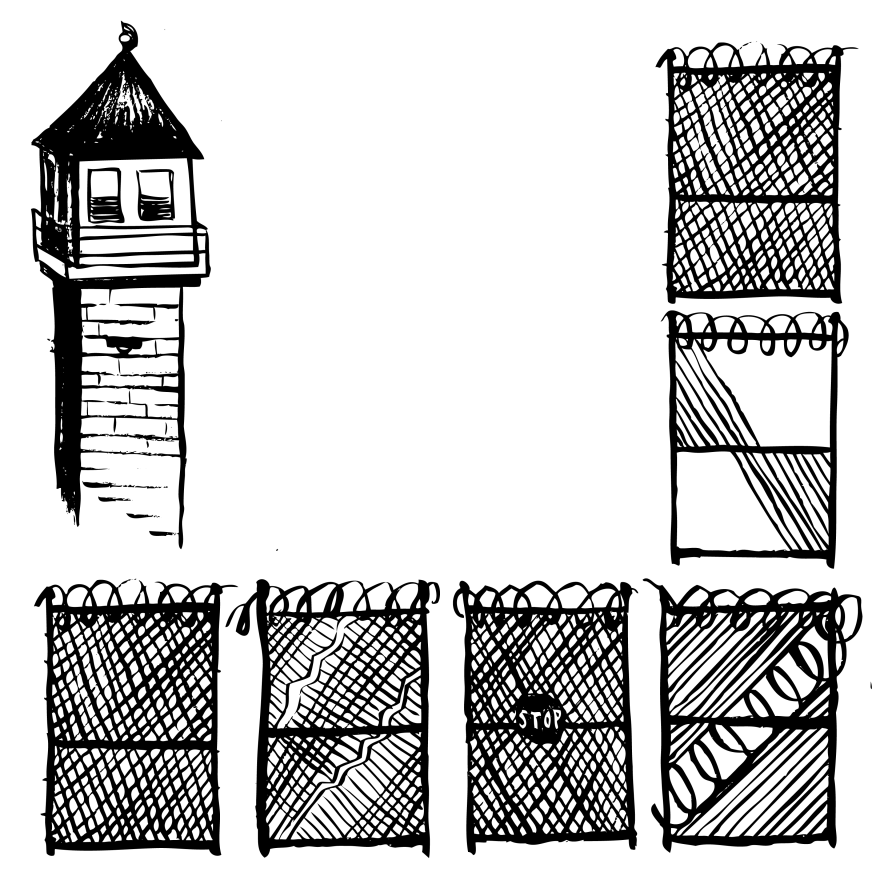This week, the Criminal podcast tells the story of how a juvenile detention center breathed life into a dying Mississippi town. That facility later became the most violent prison in the state.
Host Phoebe Judge says Walnut Grove, Mississippi, is a small town about an hour from the state capitol. It's always had economic problems, but it was buoyed by a manufacturing industry until those dried up during the Recession. That's when the state built a juvenile detention facility there in 2001.
At first, residents were wary of having a prison in their backyard, but it paid the town government $180,000 per year in lieu of taxes. A local service industry grew up around it. New jobs were created.
Russell Baty of the Main Street Chamber of Leake County said Walnut Grove could finally afford new sidewalks and a 24-hour police force.
"You look at all of the things that a lot of small towns would be envious of. That beautiful new library, that fire station there, a nice city hall," said Baty. "A lot of that is because of money generated by the prison."
The Walnut Grove Youth Correctional Facility opened in 2001 with 350 violent youth offenders who had been tried as adults. That population tripled during the first decade. Although the state had built the prison, it was run by private corporations, which didn't hire staff to keep up with the number of inmates.
Judge reported that, at one point, there was one guard for every 60 inmates. The suggested ratio was one guard for eight inmates.
She said conditions in the detention center were "horrible," with health and education services stretched thin. Drugs were rampant. There were reports of of guards raping teenage inmates, and other of guard-sanctioned gladiator-style fights and riots.
Judge spoke with a man named Michael McIntosh, whose son was seriously injured in one of the riots at the detention center. At first, prison officials said they didn't know where he was.
McIntrosh said he spent more than six weeks calling around the Department of Corrections and at hospitals across the state looking for his son. When he was finally permitted to see him in the hospital, McIntosh said his son's injuries were severe.
"My son had a few stab wounds, he had stitches," McIntosh recalled. "They was more concerned about his brain injury because they said it was very severe. That's why, even when he was in the hospital, they told me not to hold him because we was in some bad condition. No use of the right arm, no use of the right leg. It was nerve-wracking to sit there and knowing I was helpless (and) couldn't do nothing about it."
You can hear more about operations at Walnut Grove, the federal investigation that brought them to light, and what's next for private prisons on this week's Criminal podcast.












